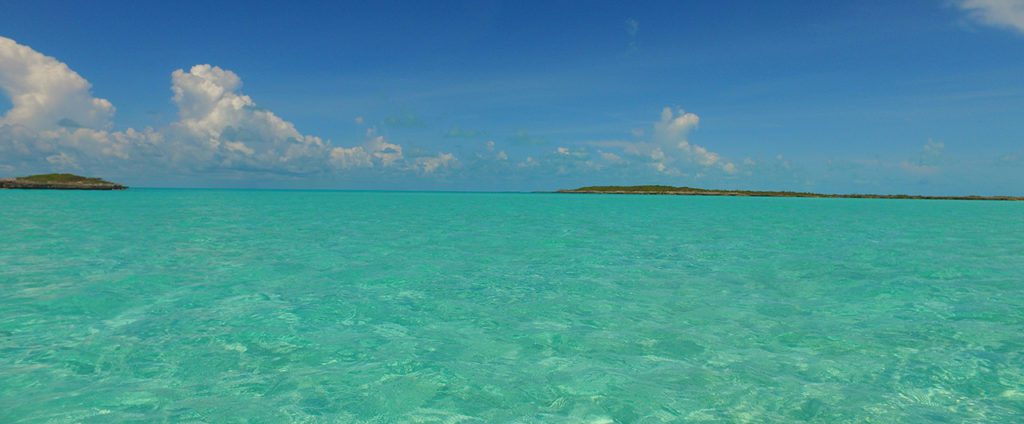The Bahamas and the United States have reached a “landmark and historic agreement” which will exempt Bahamian aircraft operators from payment of overflight flees to the U.S. Federal Aviation Administration, Bahamas Prime Minister Perry Christie announced.
“Under international laws and conventions, countries require airlines and other aircraft to pay a fee for the right to overfly their airspace,” Christie said. The administration of these rights has been performed by the United States Government via the Federal Aviation agency.”
The prime minister said Minister of Transport and Aviation, Hanna Martin, instituted discussions with “our friend and neighbor, the Government of the United States of America,” toward securing meaningful internationally accepted arrangements for the management and control of the Bahamas airspace.
“It is of interest to note that Bahamasair in the last three years alone has paid overflight fees in excess of $1 million,” Christie said.
He added that the exemption, which is expected to take effect in the very near future, will translate into significant savings for local aircraft operators, including Bahamasair.
“The effect of the exemption will also generally enhance the local aviation sector in The Bahamas,” he said.
Prime Minister Christie said that the achievement was an outcome of a series of negotiations between the U.S. Government, represented by the FAA, and representatives of the Bahamian government, relating to the management and control of the upper levels of the Bahamas’ airspace.
Those discussions, he stated, began in earnest with the first round of talks held in Nassau in 2014, followed by several rounds in the United States, with the latest meeting taking place in Miami from December 15th to 16th of 2016.
“Considerable progress is now being made on proposed new arrangements for the management of our airspace, including plans to approach the International Civil Aviation Organization for formal recognition of an expanded Bahamian FIR, which would have economic benefit to The Bahamas and will be in the mutual interests of both countries, with respect to aviation safety and security,” Christie said.
He noted that although the Bahamas gained sovereignty over its geographical airspace when it gained independence in 1973, the FAA has continued to manage and control this airspace as part of its Flight Information Region, under arrangements which predate with the nation’s independence.
“It is expected that a final agreement will be soon reached to govern the terms and conditions of the FAA’s management of Bahamian airspace, initially for a period of 10 years,” Prime Minister Christie said. “It is expected the agreement will provide for the first time for the collection of overflight fees by The Bahamas, from aircraft transiting Bahamian airspace.
The FAA will be paid for providing air traffic management services during this period, he stated.
“The overflight fees will be set by the Bahamas Government and collected from transiting aircraft in accordance with the economic guidelines issued by International Civil Aviation Organization,” Christie added. “It is also anticipated that the agreement will include technical assistance and training for The Bahamas, as it seeks to further develop its air traffic management capacity and enhance the aviation sector in general.”
Christie also highlighted the fact that the FAA has indicated an intention to work together with the Bahamas toward attaining formal recognition by ICAO and neighboring states of an expanded FIR corresponding to the Bahamas maritime borders.
— Dana Niland, CJ Contributor
